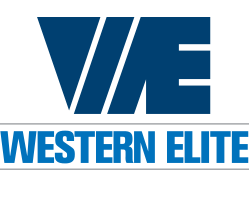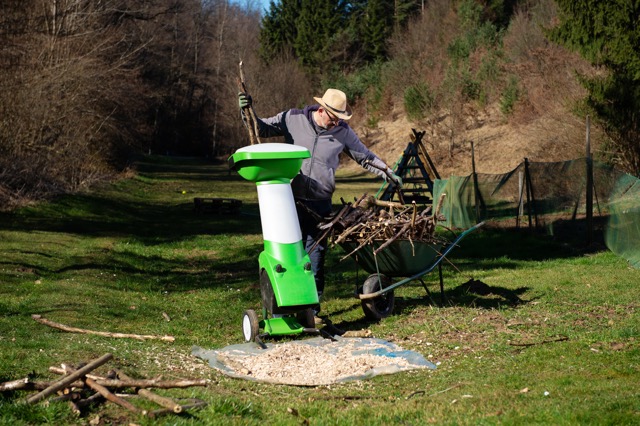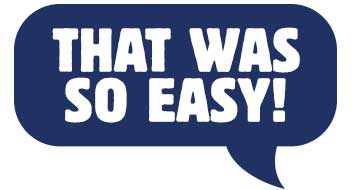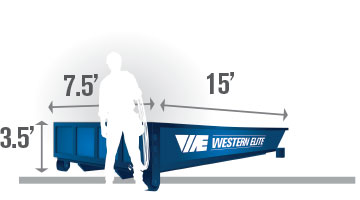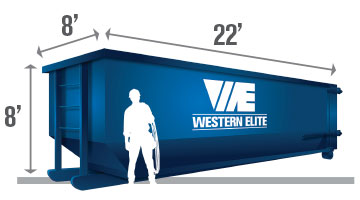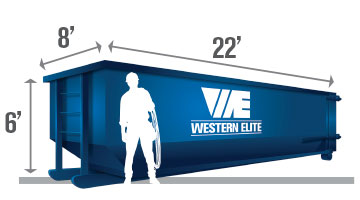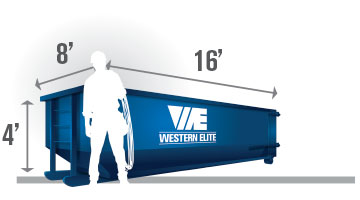It’s nearly time for some spring cleaning, and that usually includes tidying up the yard. While winter in Southern Nevada doesn’t usually include a blanket of snow to tuck around our vegetation, there’s still work to be done once temperatures climb higher than 60 degrees.
Green Cleaning
Did you know that plants in Nevada do go dormant, even though it rarely gets to or below freezing temperatures? The plants native to this climate do conserve energy when it hits 60 and 50 degrees, even if Zone 9 sounds warm to other parts of the nation.
Spring Cleaning Checklist for Nevada
When it comes time to wake up your plants in the spring, you may have a lot of yard waste to clear out. Plants that you’ve insulated with mulch over the winter are ready to face the world again as early as February. But, what do you do with mulch and yard clippings when the weather warms again in the Las Vegas valley?
It Might be Time for a Waste Dumpster Rental
In early spring, it’s safe to remove any weeds, deadheads, or mulch that remained over winter, and start pruning your trees for a new season of growth. Here’s what else you should consider when spring cleaning your yard:
Aeration – Some gardeners swear by yard aeration. This is the process of creating small holes in a lawn to increase airflow and water penetration. It can also make topical applications to the lawn, such as fertilizer, more effective. Aeration can also be used to thin a lawn.
Fertilization – Depending on when you applied fertilizer in the fall, it might not be time to reapply until late spring. If you’re on a twice-a-year schedule, wait until at least May to apply your spring fertilizer. If you didn’t fertilize your lawn in the fall, go ahead and sprinkle some nitrogen-rich fertilizer in March to promote growth.
Mowing – Your lawn most likely went dormant during the winter months, so you may not need to mow at the first signs of spring. To help your grass withstand the scorching Nevada heat, it’s best to leave the blades up to three inches tall. You probably won’t need a waste dumpster rental to manage your grass clippings, but it’s good to have for bigger jobs in the yard.
Removing Debris – Whether you’ve used mulch, burlap, or other means of keeping more sensitive plants warm during the winter, it’s time to peel back the layers. Plus, removing any insulation (both natural and not) can deter pests from setting up a home in your yard. To avoid disrupting the hibernation spots of “good” bugs, make sure you wait until temperatures are consistently over 60 degrees before removing spent plants or mulch in your garden beds. This will offer continued protection to creatures such as butterflies, moths, and even bees.
If you haven’t considered a garbage dumpster rental for your green waste, spring is a perfect time. You probably have more debris than will easily fit in your curbside bins, so a rental allows you to get the job taken care of in one fell swoop. If you rent a Western Elite dumpster for your green waste, we’ll ensure that when it’s returned to our Henderson collection center the materials are properly recycled to avoid crowding landfills. We service the greater Las Vegas area, so if you’re in Green Valley or surrounding areas, give us a call to enquire about green waste rentals.
Watering – As with mowing the lawn, you don’t need to turn to a specific date on the calendar to begin watering. It’s best to wait until your grass shows signs of being thirsty. Otherwise, you’re teaching your grass to grow shallow roots and you’ll end up in a vicious cycle of overwatering.
Cleaning Up Pet Waste – One thing that should not make its way into your waste dumpster rental is pet waste in your yard. As you emerge from your home and spend more time on your grass or turf, make sure you dispose of your pet waste separately from your green yard waste. If you cross-contaminate what’s in your dumpster, it can be harder to safely recycle eligible items.
Did you know it’s not always legal to burn green waste in Nevada? There may be permits issued for certain periods of time, but the Nevada Division of Environmental Protection typically advises against backyard burning.
The Hazards of Burning Green Waste
Not only is there a risk of an uncontrolled fire, but other hazards of burning green waste include the following:
- Air Pollution – Chemicals may be lurking in your yard waste, such as benzene, styrene, formaldehyde, polychlorinated dibenzodioxins, lead, mercury, and arsenic.
- Soil Pollution – When you burn yard waste, it can also leach pollution into the soil and water. This can negatively impact the growth of your plants, as well as the animals living near you.
If recycling your yard waste and burning it are not options for you, another good choice is composting. We have an article on spring composting tips that may help you get started.
